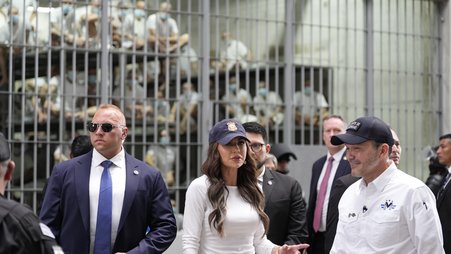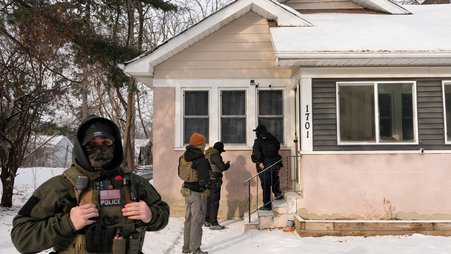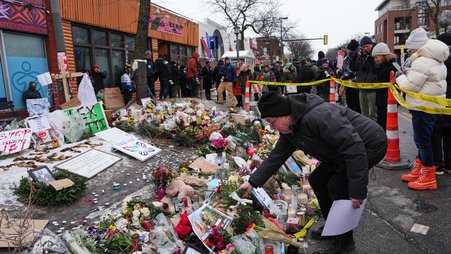Whenever NSA overreach is discussed, many—even the NSA’s biggest advocates—refer back to J. Edgar Hoover's illegal FBI domestic surveillance program in the 1960s and 70s as the prime example of an out-of-control intelligence agency and the dangers of a surveillance state. But rarely, if ever, does anyone refer to how the public first found out about this program.
An amazing new book by journalist Betty Medsger reveals for the first time exactly how anonymous activists who broke into an FBI office, took every documents they had, and sent them to the press—finally exposing the highly illegal and unconstitutional programs that had been going on for decades. The New York Times has a front-page article and video on the incredible story, but we also obtained an advance copy of the book, and highly recommend it to readers, both as a lesson from the past and an analogy for the present.
It takes place during a time in which J. Edgar Hoover was viewed much differently as he was now; journalists were afraid to report on him and Congressmen even feared losing their seats if they criticized him on the floor of the House. Many anti-war activists and civil rights protesters suspected the FBI of monitoring their constitutionally protected speech, but none had any proof. But just months before Daniel Ellbserg would reveal the Pentagon Papers in 1971, faced with no other way to expose what was going on, eight activists—led by William C. Davidon, a physics professor—burglarized an FBI office in Media, Pennsylvania on the night of one of the most famous boxing matches in history, the first fight between Muhammad Ali and Joe Frazier.
The activists, calling themselves the Citizens Committee to Investigate the FBI, pored over the stolen documents, sending the newsworthy ones to reporters at the New York Times, Los Angeles Times, and Washington Post. When the Post published a story on the documents a few days later, the activists and hundreds of others became the subjects of a massive, five-year long investigation involving over 200 FBI agents. The revelations also led to the formation of the now famous Church Committee and several major privacy reforms were passed by Congress.
Unbelievably, the eight activists were never caught and remained anonymous until today. Four of them have now revealed their identities for the first time.
Not only does the story present an analogy to Edward Snowden today—as concerned citizens who, though they used different tactics, had no other choice but to go to the press with documents exposing secret surveillance—but it also exemplifies the courage (or lack thereof) that can be shown by newspapers, and consequences of their willingness to act as our last resort for government oversight.
In the Washington Post, there was an intense fight about whether to publish stolen documents or not, with Richard Nixon's Attorney General, John Mitchell, trying to pressure them not to publish. This was before Supreme Court opinions in the Pentagon Papers case and Bartnicki v. Vopper, which have solidified newspapers’ First Amendment rights to do so. The Post bravely went ahead anyways. The new book's author, Betsy Medsger, was also the author of the first stories.
The others papers’ decisions were not nearly as admirable. According to Medsger’s book, even though the New York Times eventually published a story based on the documents, a reporter of theirs apparently handed the documents back to the FBI to help with their investigation. And the Los Angeles Times, never published any story and may have also handed the documents back to the FBI.
Besides the fight in the newsrooms, there was also an intense push inside the government to punish those who exposed the crimes of the FBI instead of punishing those inside the FBI who been violating the constitutional rights of Americans for so long. In the New York Times op-doc, the activists explain they feel a kinship with Edward Snowden and see the today’s NSA scandals as analogous to how they felt at the time. Nothing exemplifies than this line by one now-revealed of the Citizens Committee to Investigate the FBI, John Raines:
“It looks like we’re terribly reckless people,” Mr. Raines said. “But there was absolutely no one in Washington — senators, congressmen, even the president — who dared hold J. Edgar Hoover to accountability.”
“It became pretty obvious to us,” he said, “that if we don’t do it, nobody will.”
An accompanying film, 1971, will follow the book's release and is directed by Johanna Hamilton. Laura Poitras, founding board member of Freedom of the Press Foundation, is an executive producer on the film.




